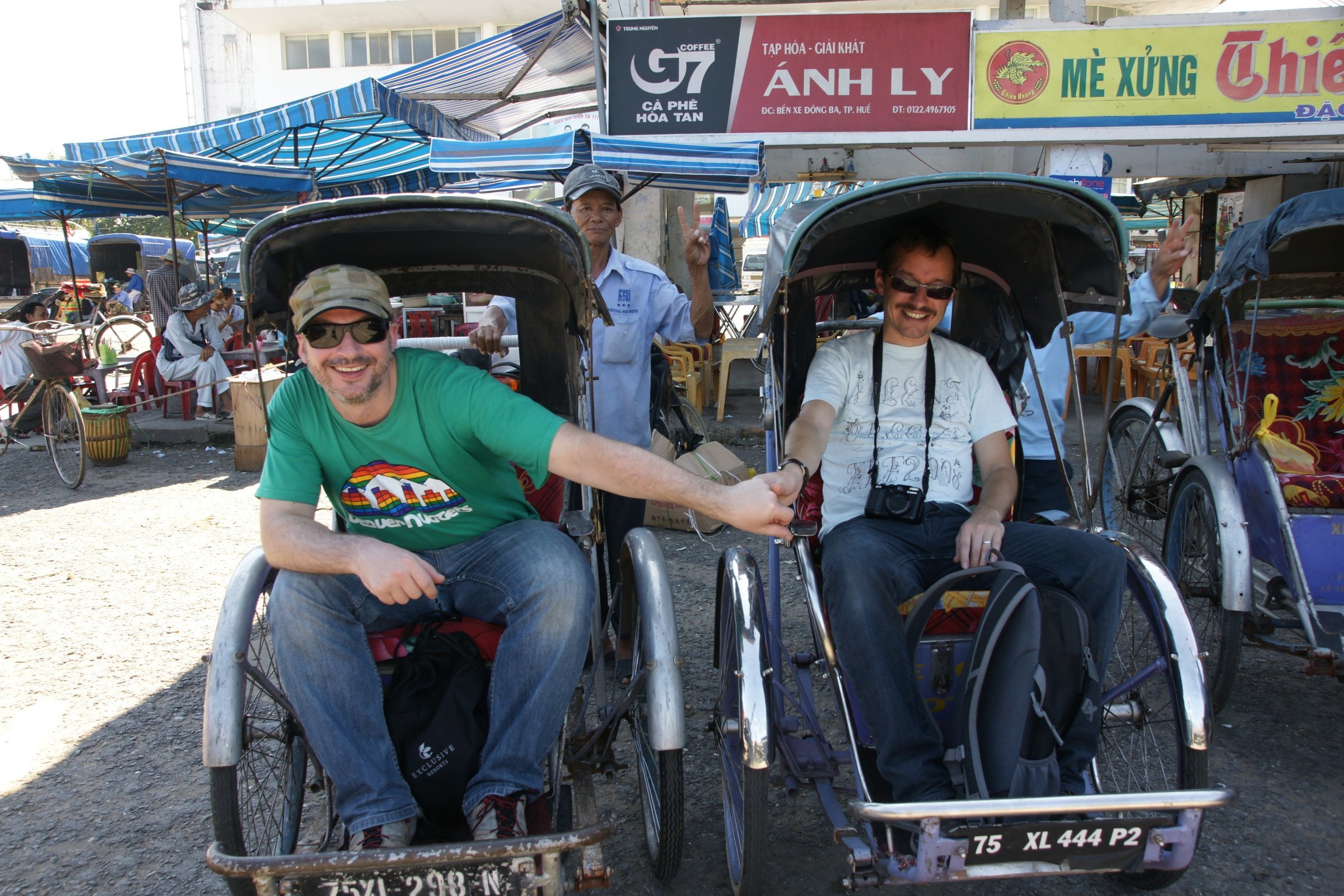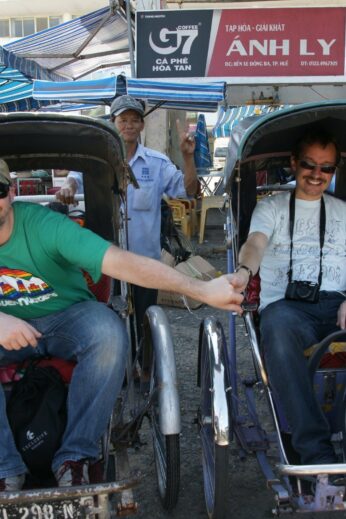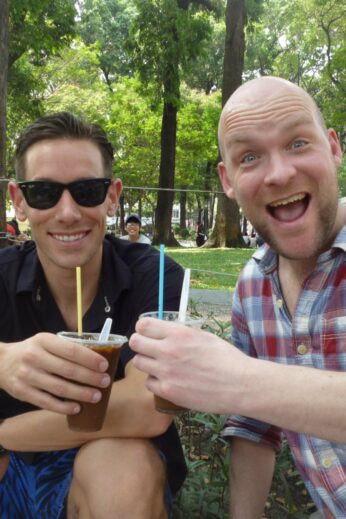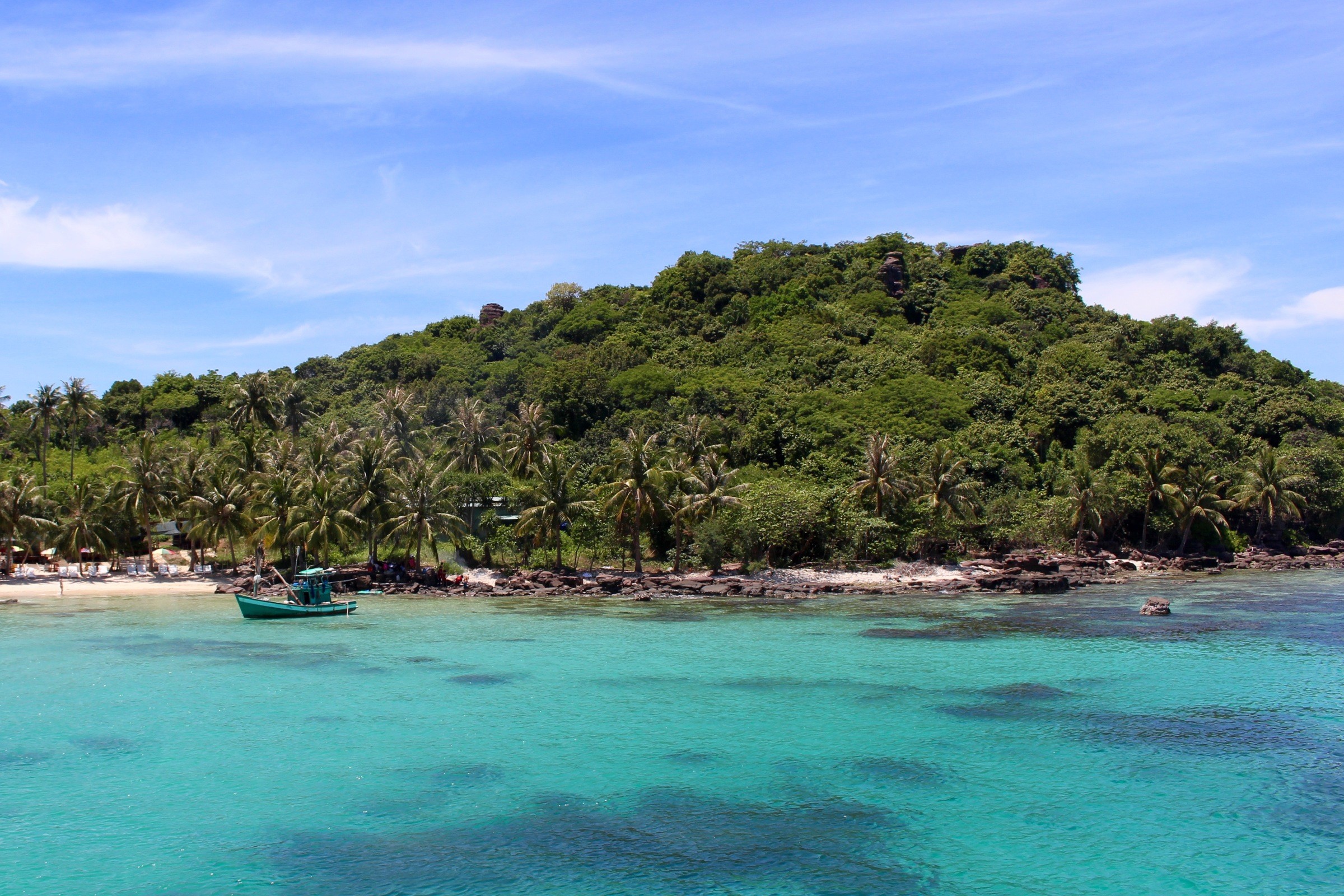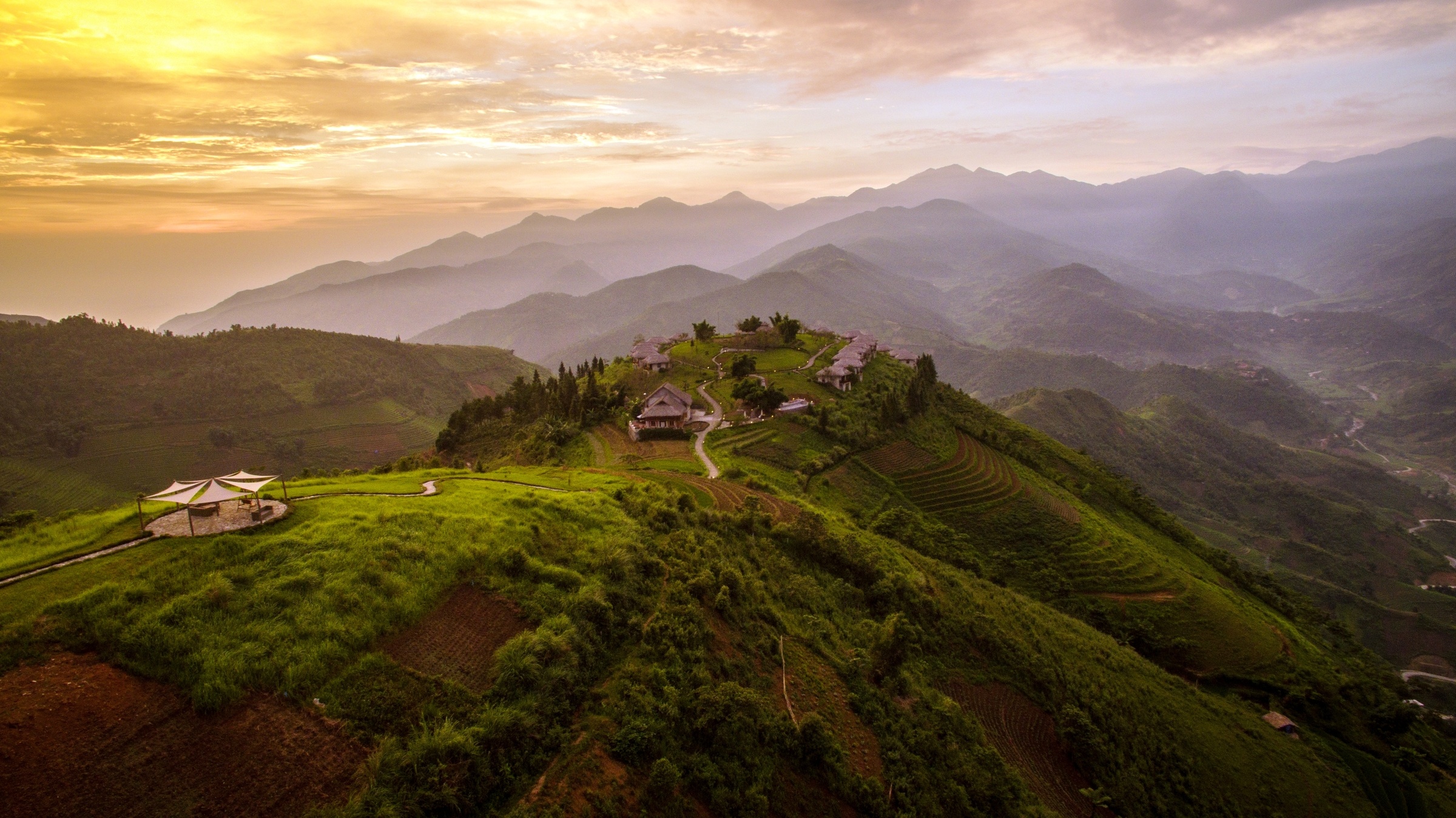On New Year’s Day 2015, Vietnam repealed its ban on gay marriage – putting it leaps and bounds ahead of its Southeast Asian neighbours in terms of LGBT rights.
To give you a vague idea of what we’re talking about – same-sex sexual activity is still enough to earn you a life sentence in Burma, whippings in Malaysia, jail in Singapore, and even death by stoning in Brunei. At best, in countries such as Laos and Cambodia, the issue of same-sex relationships is simply ignored.
So why the change of heart in Vietnam – a country that (let’s face it) isn’t exactly known for its liberalism and social freedoms? To look at Vietnam’s timeline of LGBT rights, allowing marriage hardly seemed like the next logical step. Cohabitation of same-sex couples was illegal until 2000; homosexuality was taken off the official list of mental illnesses in 2001; and a survey published in 2011 found that 87% of respondents still thought that homosexuality was a transmittable disease.
In the face of such statistics, Vietnam’s decision to lift its ban is surprising – and a pretty big deal. So what did it?
Firstly, let’s be clear about what the law means: though same-sex marriages will be allowed to take place and will not incur fines, gay marriage will not be legal – gay unions will not be recognised by law, and couples’ rights will not be protected by law.
One event that helped start the ball rolling was the decision by the gay couple Truong Van Hen and Nguyen Hoang Bao Quoc to hold a traditional, public wedding and invite their friends and family in May 2012. Though the authorities put a stop to proceedings, the event was widely reported in Vietnamese media and helped spark national debate – throwing the issue into the limelight.
Another figure who is being cited by some commentators as a positive influence on public support for gay rights is the new US Ambassador the Vietnam, Ted Osius, whom some suggest has made an impact on public opinion simply by being a prominent, successful and (crucially) homosexual public figure.
Many sources also suggest that this change in the law is a strategic move by the Vietnamese government to promote the country’s image as tolerant and accepting – hopefully fuelling a general boost in tourism and especially tapping into the reported $100 billion per annum that the LGBT community spends on travel. Others suggest that the new law may be part of the CPV’s effort to “rainbow-wash” its dubious human rights record.
Whatever the motive, there’s no denying that this change in the law is a step in the right direction, and signals that the Vietnam’s Communist regime is prepared to consider marriage equality – something that would have been unimaginable just a few years ago.
So all in all – bravo, Vietnam!
